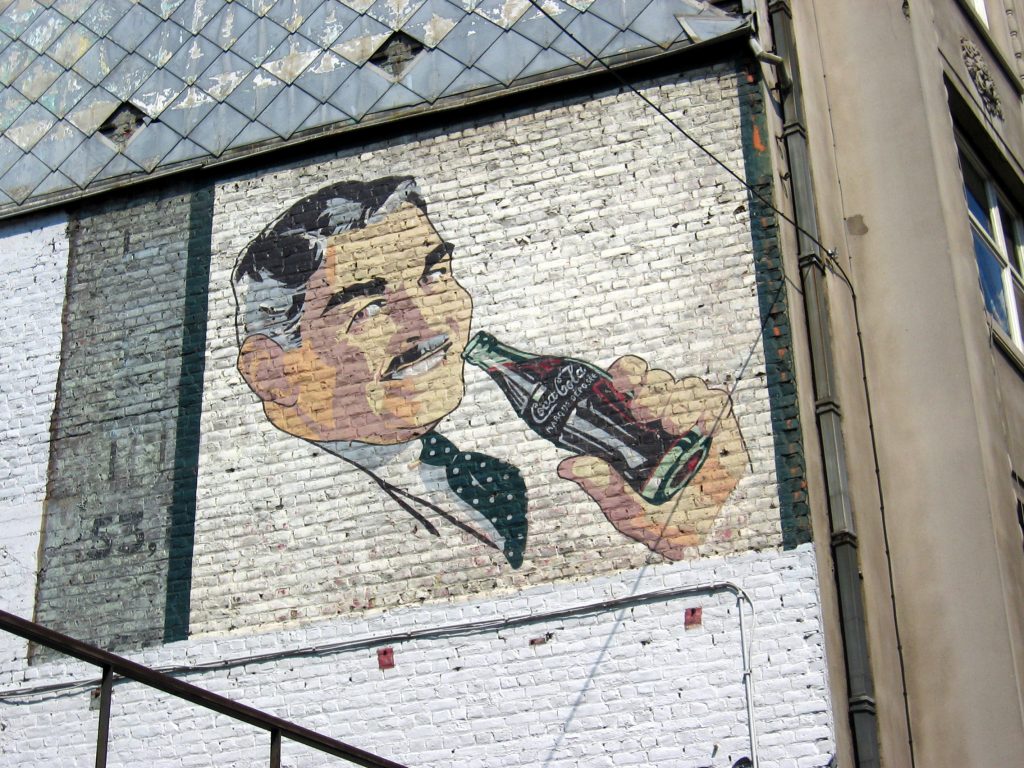 When are you on the job? While seemingly a simple question, many personal injury cases revolve around the issue of whether an individual was acting within the scope of his or her employment. The ramifications of the answer to this question determine whether a business is on the hook for its employee’s negligence. Recently, a Louisiana Court of Appeal (“the Court”) addressed this question when determining whether a Coca-Cola Bottling Company United, Inc. (“Coca-Cola”) employee was working for the company at the time of an accident.
When are you on the job? While seemingly a simple question, many personal injury cases revolve around the issue of whether an individual was acting within the scope of his or her employment. The ramifications of the answer to this question determine whether a business is on the hook for its employee’s negligence. Recently, a Louisiana Court of Appeal (“the Court”) addressed this question when determining whether a Coca-Cola Bottling Company United, Inc. (“Coca-Cola”) employee was working for the company at the time of an accident.
It all began when Ralph McFarland, a salaried employee for Coca-Cola, rear-ended a vehicle belonging to Darius Jack. Prior to the accident, Mr. McFarland had just finished meeting with his final Coca-Cola client for the day and was on his way home from work. At the time of the accident, Mr. McFarland wore a Coca-Cola polo shirt and was in possession of his Coca-Cola cell phone and laptop. Mr. Jack sued both Mr. McFarland and Coca-Cola. At trial, Mr. Jack insisted that Coca-Cola was vicariously liable for Mr. McFarland’s actions. Vicarious liability attributes the actions of a company’s employee onto the company itself. It is normally found when an employee’s action is closely connected to his or her employment duties. See LeBrane v. Lewis, 292 So.2d 216, 218 (La.1974). Courts usually consider many factors when determining vicarious liability like the payment of wages by the employer, the employer’s power of control over the employee, and the time, place, and purpose of the act in relation to service of the employer. See Orgeron on Behalf of Orgeron v. McDonald, 639 So.2d 224, 227 (La. 1994); see also Reed v. House of Décor, Inc., 468 So.2d 1159, 1161 (La. 1985).
Mr. Jack, in arguing that Coca-Cola was vicariously liable, emphasized that Coca-Cola paid for Mr. McFarland’s mileage, that Mr. McFarland met with a Coca-Cola client prior to the accident, and that Mr. McFarland wore a Coca-Cola polo shirt at the time of the accident. Coca-Cola argued against vicarious liability. It pointed out that Mr. McFarland was on his way home from work and that Mr. McFarland did not do any further work after leaving his final Coca-Cola client’s place of business. Coca-Cola also pointed to a statement made by Mr. McFarland where he said that he made a personal stop at a gas station after finishing his last appointment and that while it is possible that he could be called back to office before its closing at five o’clock he could count on one hand the number of times where that happened. Coca-Cola also emphasizes that Mr. McFarland’s typical work day was over by half past three. The trial court held that Mr. McFarland was not working within the scope of his employment with Coca-Cola at the time of the accident and that Coca-Cola was not vicariously liable for Mr. McFarland’s actions.
Mr. Jack appealed the trial court’s decision, arguing that the trial court erred in ruling that Mr. McFarland was not acting as an employee for Coca-Cola at the time of the accident. The Court disagreed. It held that to be vicariously liable for a salaried employee, Mr. Jack must prove that Coca-Cola compensated Mr. Jack for his actions at the time of the accident. The Court found that Coca-Cola was not paying Mr. McFarland for his actions at the time of the accident, that Coca-Cola had no more authority over Mr. McFarland, and that the time, place, and purpose of Mr. McFarland being on the road was not business related but personal (Mr. McFarland was trying to get home). Thus, Mr. McFarland was not within the scope of his employment when he crashed into Mr. Jack.
So, even though Mr. McFarland was a salaried employee, wore a Coca-Cola polo shirt at the time of the accident, had just finished a visit with a Coca-Cola client, and was compensated for his mileage, he was not within the scope of his employment for Coca-Cola at the time of the car accident. Mr. McFarland’s case illustrates the need for a good lawyer to handle complex legal and factual questions like whether a company is vicariously liable.
Additional Sources: DARIUS V. JACK v. RALPH A. MCFARLAND, ET AL.
Written by Berniard Law Firm Blog Writer: Justin Gordon
Additional Berniard Law Firm Articles on Personal Injury Claims: Orleans Parish Bicyclist Personal Injury Case Gets a Chance to Go to Trial
 Louisiana Personal Injury Lawyer Blog
Louisiana Personal Injury Lawyer Blog

